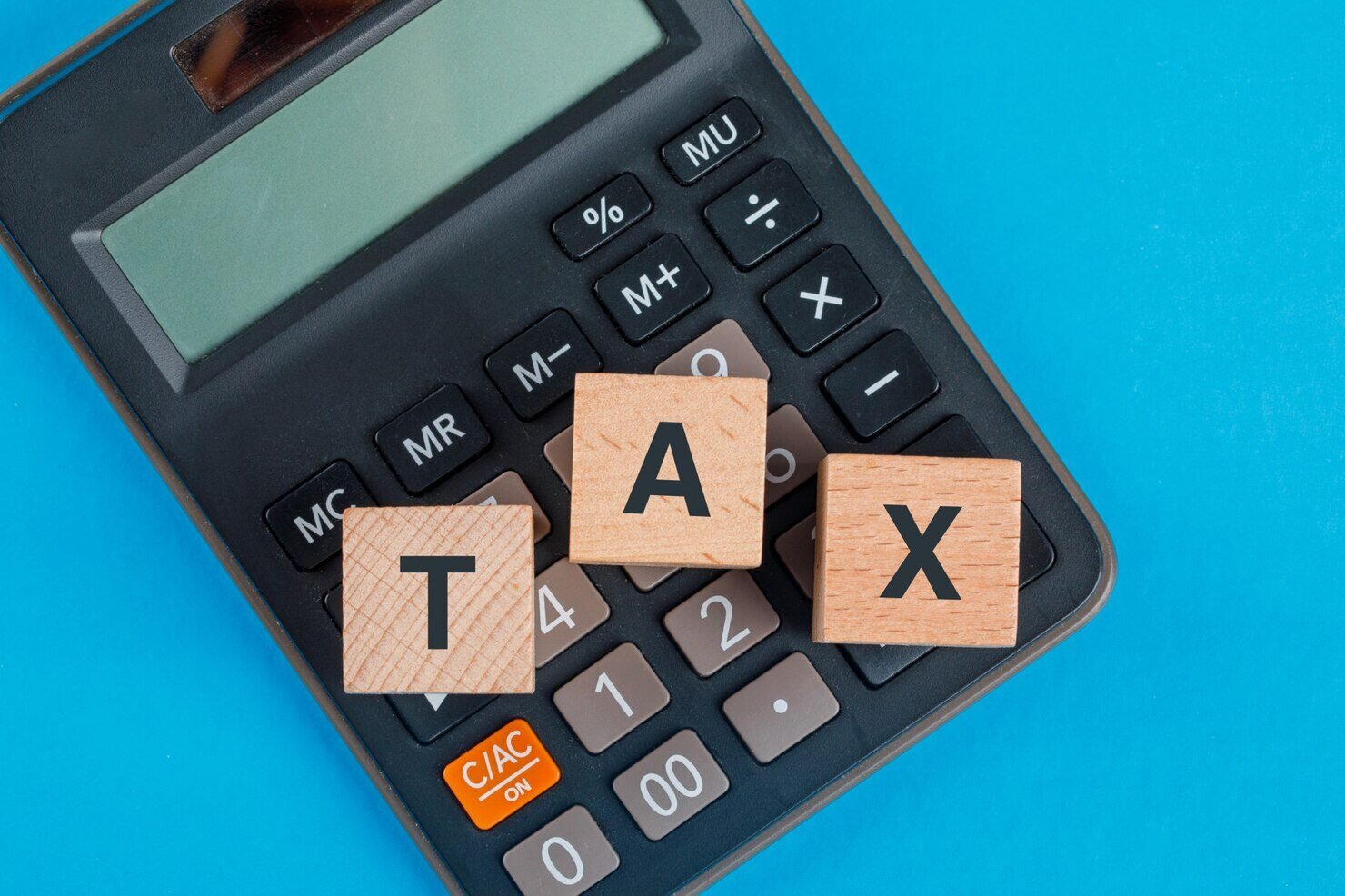Taxes are obligations that you must pay to the state, whether as an individual or a business owner. In Indonesia, taxes are divided into two categories: central taxes, managed by the central government, and regional taxes, set by local governments according to their needs.
A well-known example of a central tax is Income Tax (PPh), which is imposed on income, as well as Value-Added Tax (VAT or PPN), which must be paid whenever you purchase goods or use certain services. VAT is a formal regulation issued by the Directorate General of Taxes (DJP), meaning that every taxable transaction must be reported and paid according to the applicable rules.
The VAT rate in Indonesia is currently 11%, as stipulated by the Harmonized Tax Law (UU HPP). However, starting January 1, 2025, the VAT rate will increase to 12% for luxury goods and services. Some categories of goods and services may have special rates or even be exempt from VAT, depending on government policies.
Definition of VAT and Its Legal Basis
VAT, or Value-Added Tax, is a tax regulation in Indonesia imposed on every sale and purchase transaction of goods and services within the country, as regulated by Law No. 42 of 2009. Any entity engaged in taxable transactions, whether a company or an individual, must pay VAT in accordance with the prevailing regulations.
As a taxpayer, you are required to report and pay VAT based on the type of goods or services purchased. Business owners or service providers are also responsible for collecting VAT from consumers and remitting it to the state. In other words, VAT is a tax borne by the end consumer and collected by businesses.
Functions of VAT Implementation
VAT serves several essential functions in Indonesia’s economy. Here are some key benefits:
1. Increasing State Revenue
VAT is a primary source of government revenue, used to fund various national development projects, including infrastructure and public facilities.
2. Encouraging Responsible Consumption
By imposing VAT, consumers become more selective in their purchases, especially for luxury goods that are taxed at higher rates. This encourages more responsible spending habits.
3. Promoting Fair Taxation
VAT is applied universally to every transaction, ensuring that all economic participants contribute according to their purchasing power. This helps create a fairer tax system.
4. Stabilizing the Macroeconomy
By adjusting VAT rates, the government can regulate inflation and control the demand for goods and services, ensuring economic balance.
5. Enhancing the Competitiveness of Domestic Industries
VAT ensures transparent pricing and cost calculations, helping domestic industries compete in the global market.
What Goods and Services Are Subject to VAT?
According to the Harmonized Tax Law (UU HPP) and the regulations of the Directorate General of Taxes, VAT is categorized based on applicable rates: 11% and 12%, depending on the type of goods or services being taxed.
VAT at 11% Applies to:
✔ Everyday consumer goods: Food, clothing, household essentials that do not fall into the luxury category.
✔ Professional services: Legal consultation, accounting services, and other expert services.
✔ Essential goods and services: Public transportation, education, and basic services that are considered necessities.
VAT at 12% Applies to:
✔ Luxury goods: High-end cars, jewelry, premium electronic products.
✔ Special services: Services related to luxury goods, such as luxury shipping or maintenance.
✔ Other goods classified as luxury by the government: Luxury properties, yachts, private jets.
Why VAT Compliance Matters in Business
VAT plays a crucial role in supporting the national economy. Its implementation involves various entities and requires careful management of important documents. This is why the authenticity and validity of tax documents must be ensured.
In modern tax payment processes, digital documents are widely used due to their practicality and efficiency. However, this also introduces risks such as document forgery and fraudulent transactions, which can undermine tax credibility. Misuse of VAT-related documents can lead to data breaches or tax fraud.
To mitigate these risks, digital signatures are increasingly adopted across various sectors because they provide encryption and strong identity verification. VIDA Sign offers a secure, easy, and legally recognized solution to ensure the validity of tax documents.
Understanding VAT is essential, but knowing how to manage and protect tax-related documents is just as crucial. Trust VIDA Sign for secure and seamless document management.

.png)

.jpeg)
